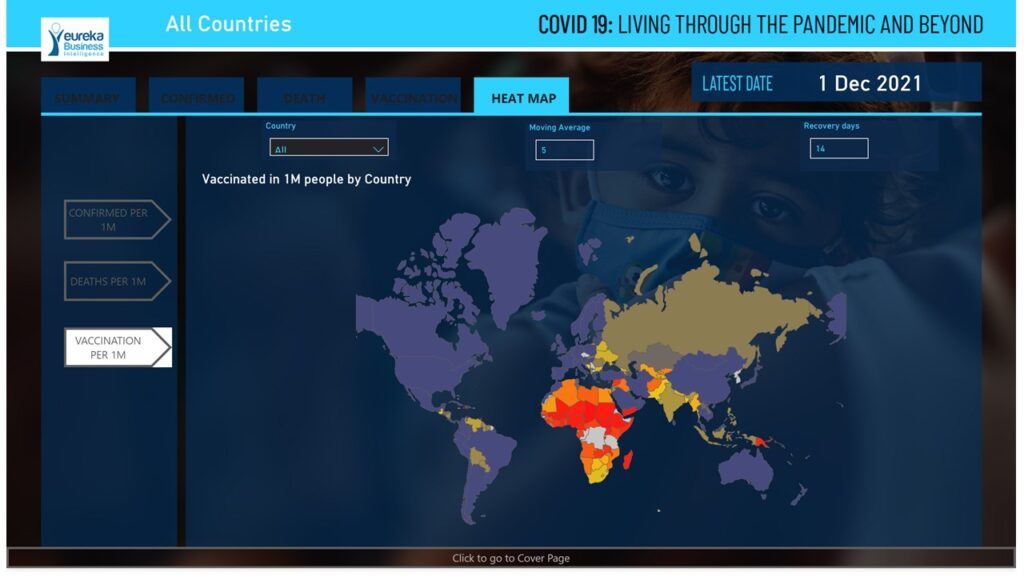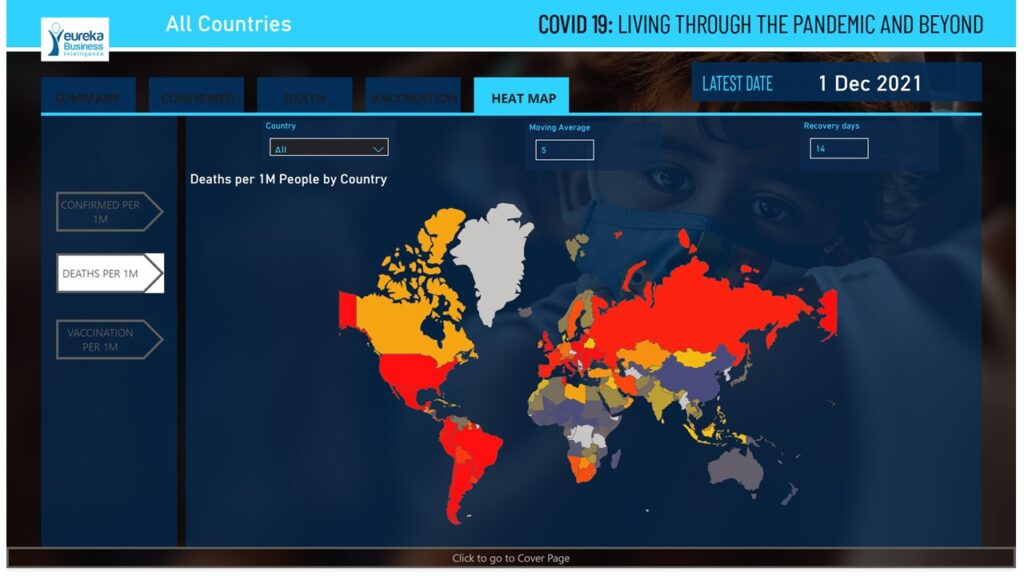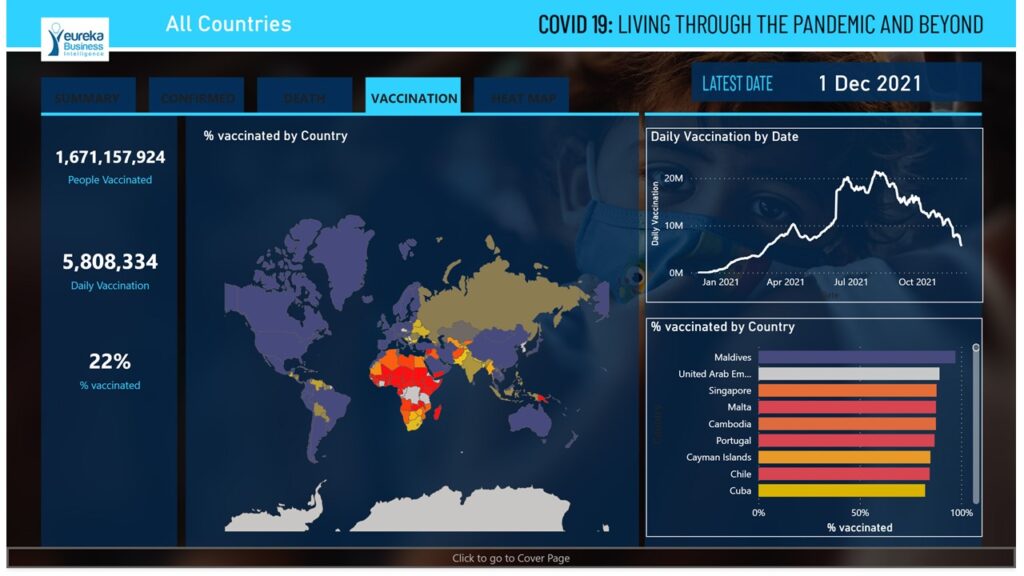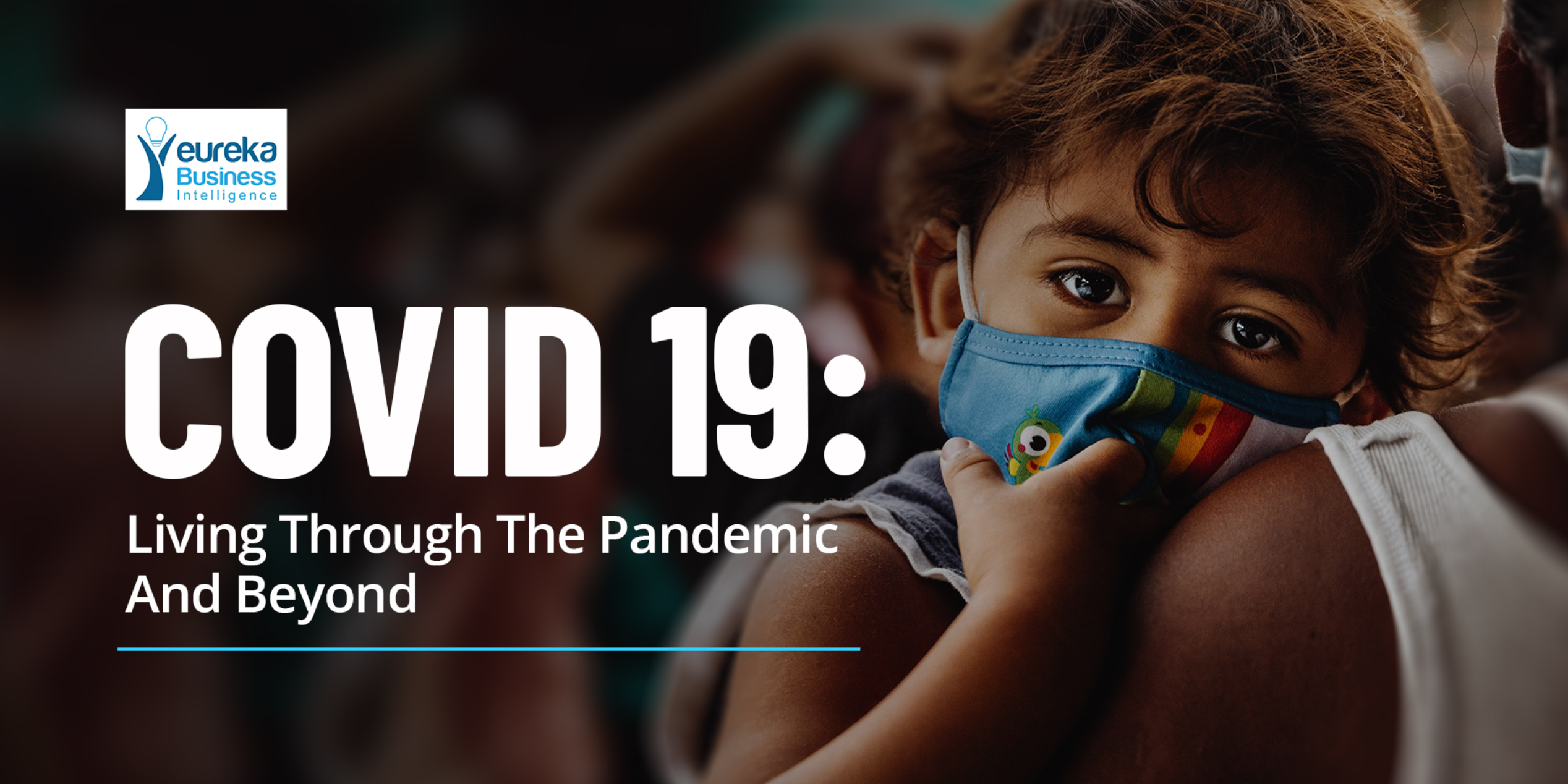“Here’s my sense of the issue: What we don’t know about Africa and COVID-19 is far less important than what we do know. Because the things we do know are amazing and important and have surely contributed to Africa’s overall success in weathering this disease.”
– Solomon Zewdu – Deputy Director, Global Development in Ethiopia & Africa – Bill & Melinda Gates Foundation
The story of the Covid-19 pandemic seems to have been told without the much-deserved look at the blessed continent, Africa. A continent that has had the smallest percentage of recorded cases and deaths amongst its citizens. When Covid-19 hit mainland China, the world was clueless about what to expect. As the virus spread across the world and took hold in the West and started to wreak havoc, panic arose. Videos of shoppers in the US hoarding toilet paper and stripping store shelves naked circulated on social media. Hand-sanitizers became highly coveted commodities as people contemplated all sorts of alternatives. Boarders started to close and airlines were rapidly cancelling flights as travellers were left stranded. Hospitals crumbled under the weight of the virus, not enough beds, ventilator shortages, and the death toll in the West started to rise sharply.
The air was laden with uncertainty. There was a loud cry by many global players about what might happen to Africa when the virus finally got there. The predictions for Africa were one of woe. The gloomy portrayal of the continent over the years meant it had always been cast with a spell of despondency, the ‘dark continent’. If the developed world, the biggest economies, with their resources, were crumbling under the pressure of the virus, then Africa was doomed. The refrain was therefore that Africa would be worst hit by the pandemic.
“Look at what’s going on in Ecuador. They’re putting bodies out on the streets. You’re going to see that in countries in Africa.”
– Melinda French Gates
After about two years of Covid-19 being detected in Africa however, the story remains one that baffles the rest of the World. Clearly there is something special about the continent which requires international recognition. I decided to analyse the data to understand what patterns I could glean from the Covid-19 pandemic. These insights would be explored and shared over a series of articles dubbed “Living through the Pandemic & Beyond” with this being the first and introductory piece about the about a blessed continent called Africa.
From the data and heatmaps, I could not help but marvel at Africa’s success story and wonder why it was not being told in the global space. The heatmap shows one clear fact, Africa has had the least confirmed cases across the various countries as well as the smallest death rates. This should naturally be making headlines and should be inspiring research seeking to the answer the big question, “How did Africa beat the odds to emerge tops during this pandemic?” Unfortunately, we hear very little regarding this. One may argue that perhaps not all the data is being adequately collected and reported. While this may hold some element of truth, it is rather undeniable that the scenes of desperation and gloom that were foretold had clearly escaped the continent.

Heatmap: Vaccination rate (Source: Eureka BI Covid-19 dashboard)

Heatmap: Death rate (Source: Eureka BI Covid-19 dashboard)
Another part of the data, closely related to the first, that still baffles me is the fact that Africa, despite having the smallest vaccination coverage per populace, it has the least death tolls. What might be accounting for this? This is a question I explore in my subsequent article. Whichever way we look at it, Africa is definitely a blessed continent and must be a model for the world in studies on combating the Covid-19 menace. The world should be focusing more on collecting data to understand the dynamics of the virus on continent. By ignoring the continent’s successes, we throw away a huge chunk of insight about understanding and hopefully, defeating this virus.
.

Percentage vaccination by country (Source: Eureka BI Covid-19 dashboard)
My team and I at Eureka believe that the Africa has what it takes within itself and its citizens to succeed and break away from the challenges with which the it is riddled. Covid-19 has proven that. This is why we work tirelessly at Eureka, to identify knowledge gaps within the continent which we strive to fill with data. This is fundamental to what we do, as we navigate the ever-merging world of data and technology to help bring clarity to Africa’s problems through insights.
On this note, visit our dashboard on Covid-19 stats across the globe for a deeper understanding of the data.







